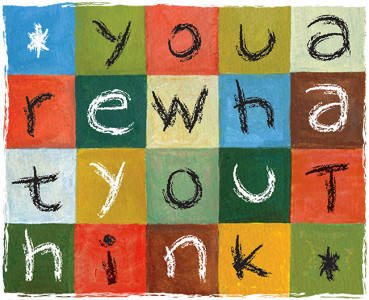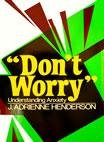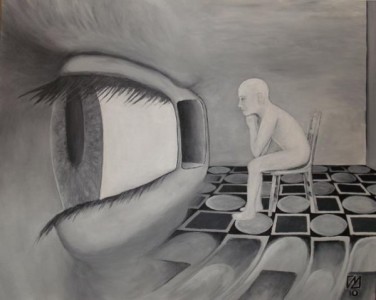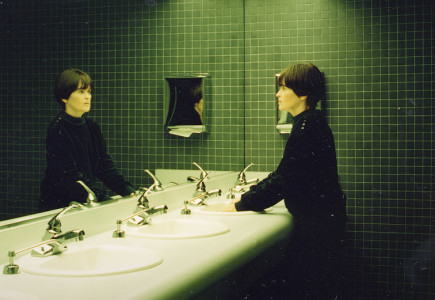You are what you think
 What follows was originally published in 1981. (You can tell from the sentence “Would it be worth getting an answering machine?” Yes, folks, not only was there a time when not everyone had a cell phone. People actually used to talk to each other on the phone rather than send a text message.) See the posts Something I wrote a long time ago and More thoughts from the past.
What follows was originally published in 1981. (You can tell from the sentence “Would it be worth getting an answering machine?” Yes, folks, not only was there a time when not everyone had a cell phone. People actually used to talk to each other on the phone rather than send a text message.) See the posts Something I wrote a long time ago and More thoughts from the past.
For the most part, the events of everyday life appear intelligible. We’re able to deal with almost any situation, no matter how inconvenient or confusing it may seem at first, in a manner that’s sufficient to satisfy our immediate interests. But since socially constructed worlds are inherently unstable, and our knowledge of everyday reality is essentially inadequate, anxiety is inevitable. We don’t experience anxiety as a problem of knowledge, however, but as a problem of who we are. We’re concerned about “me.” What will happen to me? What does this mean to me? What am I doing here? What will I do next?
“Who we are” is not only a matter of the externally obvious job, marriage, address, appearance, and acts of charity, but of the unseen life of the mind. What we think and feel depends on where the mind spends its time, as in “his mind is either in the clouds or the gutter” or “I can’t get it out of my mind.” We are what we think, that is, we are what occupies, invades, crosses, and rests on our minds in the course of a day. Read more




